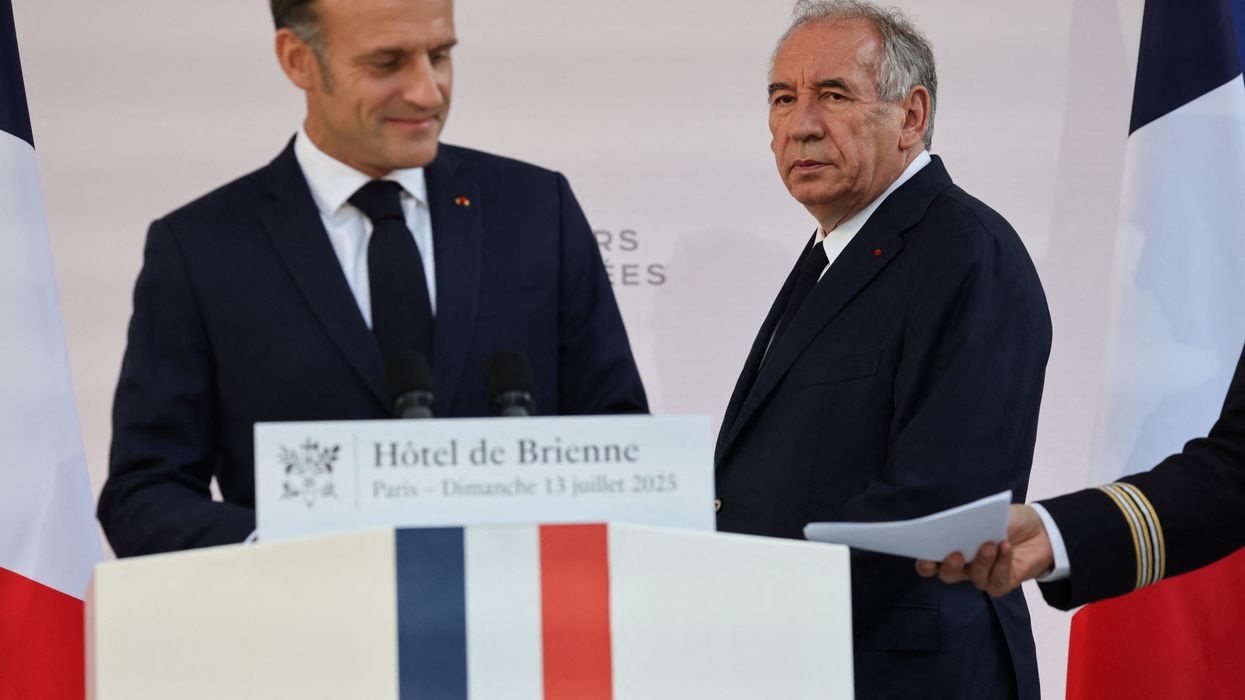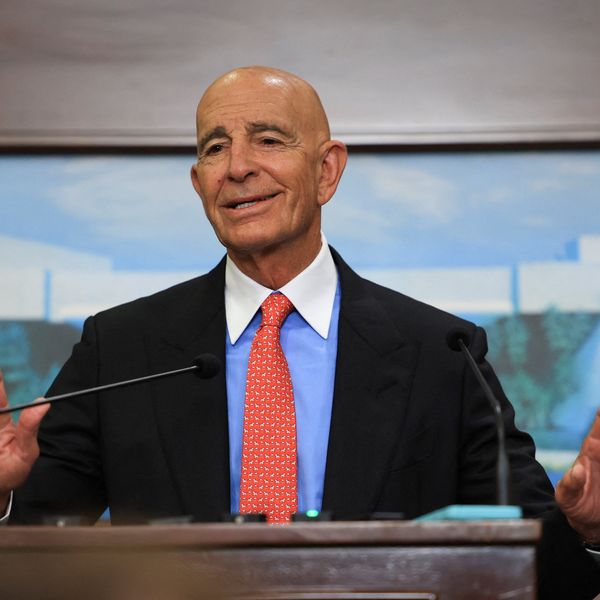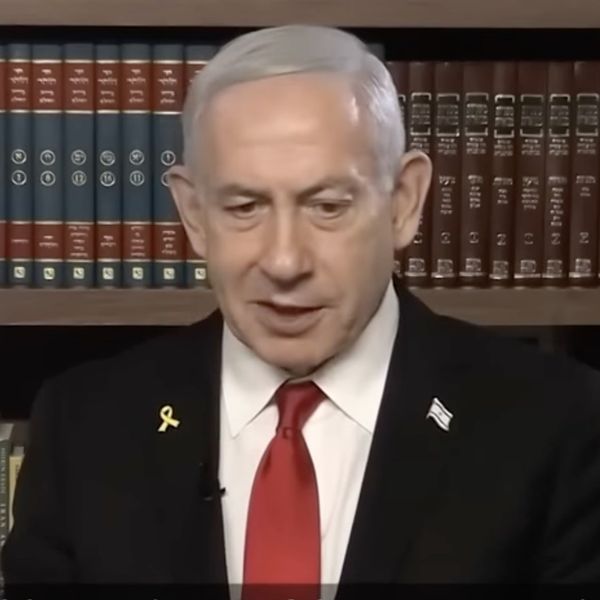When news broke that, after the January 6th insurrection attempt, Chairman of the Joint Chiefs of Staff General Mark Milley asked senior military officers to consult him before following a potential direct order from President Trump to launch a nuclear attack, much of the attention focused on whether Milley was right to intervene in the chain of command.
However, the real issue doesn’t lie within Milley’s actions, but instead within a system that gives a president, no matter their perceived mental state, absolute control over the U.S. nuclear arsenal.
Sadly, this isn’t the first time a senior defense official has stepped outside his role to prevent what he has seen as an unstable president from starting a war. Nor was Donald Trump the first U.S. president whose mental capacity was questioned. Indeed, as one observer noted, three of the past nine presidents “have exhibited behavior so worrying that their own staff took quasi-legal (or perhaps not at all legal) steps to stop them from starting wars.”
Richard Nixon during the Watergate scandal was known for falling into drunken rages that had his closest staff questioning his sanity. So much so that Secretary of Defense James Schlesinger and national security adviser Henry Kissinger asked that certain presidential orders, particularly those related to nuclear weapons, be cleared by themselves personally before any actions were taken. Nixon was also reported to have braggingly told visiting lawmakers during the Watergate scandal that, “I can go into my office and pick up the telephone and in 25 minutes 70 million people will be dead.”
As it stands, the president has sole authority over the nuclear launch process meaning that they can order a nuclear strike without the approval of Congress, the defense secretary, a military officer, or anyone else. It’s a terrifying reality when you take into account that one person has control over the U.S.’s massive arsenal of 5,550 nuclear weapons. Furthermore, sole authority offers a loophole to the constitutional right to declare war granted to the legislative branch.
This means that any president has the power to hold the world hostage, or in the worst case scenario, end life as we know it. Some experts, including former Secretary of Defense Willam Perry, have criticized sole authority as being an outdated Cold War relic and urge the Biden administration to renounce the president's sole control over nuclear weapons. Beyond the potential abuse of a rogue president, the risk of mistakes being made by a normal one are too great. And when it comes to weapons of this caliber, one mistake cannot be made.
There have been many close calls with nuclear weapons. Some incidents have ranged from false alarms to the absolutely ridiculous, like in October 25, 1962 when a bear set off a nuclear alarm. The Future of Life Institute found that the “most devastating military threat arguably comes from a nuclear war started not intentionally but by accident or miscalculation.”
With thousands of nuclear weapons ready to launch at a hair trigger notice, accidental nuclear wars have almost happened too many times for comfort. Furthermore, the U.S. president currently has mere minutes to respond to a nuclear threat and deduce the threat’s legitimacy. This limited time frame and process is a recipe for mistakes.
Some reports have labeled Milley a hero while others are demanding a formal investigation into his actions. Whatever his motivations, the incident does highlight the persistent perils of sole authority. It also raises the need to adopt a No First Use policy, which means that the United States, as official policy, would never launch a nuclear weapon against another nation as a first strike. Such a policy would give a more permanent assurance to potential adversaries and reduce the risk of a nuclear war by mistake or miscalculation. A No First Use policy would also jumpstart future reforms and negotiations making the United States a global leader in nonproliferation once again.
With the 2021 Nuclear Posture Review looming, we have an opportunity to redefine the U.S. role both domestically and abroad. This is an opportunity to call on the Biden administration — reminding of the president’s campaign promise that he “would take other steps to demonstrate our commitment to reducing the role of nuclear weapons” — and demand that it adopt policies that reduce these unnecessary risks.














